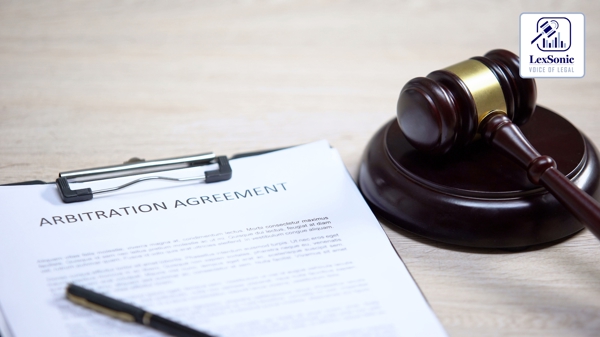Jurisdiction vs. Seat: How the Delhi High Court Resolved an Arbitration Dispute.
13 November 2024
Arbitration Law >> Business & Commercial Law
The petitioner alleged that disputes had emerged as a result of the non-payment of outstanding monetary entitlements under the said agreement. In response, the petitioner had sent a notice invoking arbitration on 10th April 2024, proposing the names of three potential arbitrators, one of whom could act as the Sole Arbitrator. However, despite efforts to resolve the matter amicably through correspondence, the parties were unable to reach a consensus on appointing a Sole Arbitrator, leading to the filing of the present petition.

Arbitration Clause and Legal Implications:
This particular arbitration clause raised critical issues about jurisdiction. While the seat of arbitration was defined as Gurgaon, the same clause also stipulated that the exclusive jurisdiction of the courts at New Delhi would apply. This dual reference brought forth a complex legal question: How should jurisdiction and the arbitration seat be determined when there are overlapping and seemingly contradictory provisions?
Court's Reasoning and Legal Precedents:
Additionally, the court cited the judgment in Hunch Circle Private Limited v. Futuretimes Technology India Pvt. Ltd., emphasizing that when exclusive jurisdiction is conferred by arbitration agreements, it can effectively determine the jurisdiction where Section 11 petitions should be filed.
Appointment of Sole Arbitrator:
The court clarified that respondents retain the right to challenge matters of jurisdiction or arbitrability by filing an application under Section 16 of the Arbitration Act before the Sole Arbitrator. Additionally, the arbitrator must adhere to the disclosure requirements laid out in Section 12 of the Act before proceeding. The court also reaffirmed that the arbitrator would be compensated according to the fourth schedule of the A&C Act unless agreed otherwise by the parties.
Conclusion:
The judgment reinforces that the Delhi High Court maintains jurisdiction to entertain Section 11 petitions when arbitration clauses and statutory interpretations lead to disputes about procedural venue and seat. With Justice (Retd.) Vinay Kumar Jain's appointment, arbitration proceedings can now move forward, while parties retain opportunities to raise objections before the Sole Arbitrator as permitted under law.
Section 11, Arbitration and Conciliation Act - 1996
Arbitration and Conciliation Act, 1996
